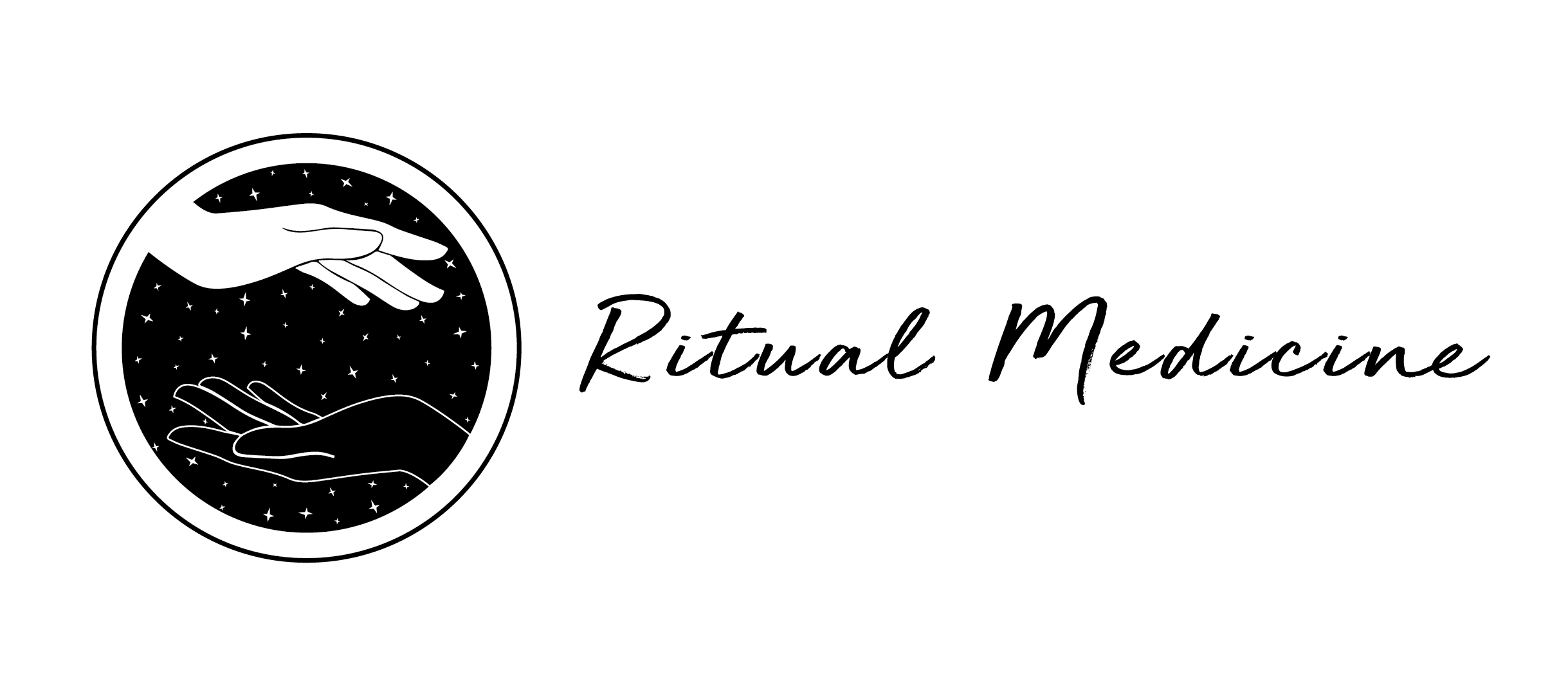The bodies response to stress
Human bodies were designed to very effectively address stressful situations. The fight or flight response was a lifesaving mechanism back in the day.
Nowadays the body can feel the stress of a busy work week, a challenging coworker, traffic when you are late, but it cannot differentiate that your life is not on the line. So, not recognizing the distinction, pumps out all the same chemicals and hormones that it would if you were in fact, in a life or death situation.
The hormone cascade during a stress response
The hypothalamus and pituitary gland (both in the brain) are talking to each other and telling each other what to be doing when stress happens. They send signals down to the adrenal glands (sitting on top of the kidneys) to release a specific cascade of stress hormones.
Think adrenaline and cortisol.
Adrenaline boosts blood pressure and heart rate.
Cortisol sends glucose to your muscles so you can outrun danger.
When the body is in a constant state of stress, with elevated or unregulated adrenaline and cortisol levels, the perpetual state of ‘on alert’ can wreak havoc on your hormones.
If you read the previous blog post on blood sugar levels, you will know that mismanaged blood sugar is a stressor that can cause this effect in the body (see how its all related).
Over prolonged periods of time, this may lead to something that is called adrenal fatigue. This I often see in overworked people, CEO’s, single parents, or anyone in a longterm state of stress.
A few ways to manage stress in the body
As you have learned, there are internal stressors in the body, like unregulated blood sugar levels; and there are external stressors on the body, like job stress, traffic, finances etc.
As you would have read in previous blog posts, there are a few simple steps to help manage stress, although they may not always be easy.
Get enough sleep. This is wear your body rests, repairs, and manages inflammation.
Exercise regularly – high intensity or low impact will depend on your bodies needs and current symptoms
Meditation or flow state – even 1-2 minutes of meditation per day can be impactful. If meditation doesn’t feel right, find an activity that allows you to be focused, present and playful.
For a more comprehensive program to help your body manage stress, get in touch for a virtual or in person consultation.
Call 1-778-400-6360 to book.










